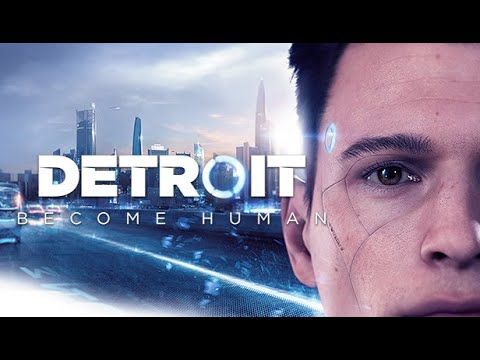
Exploring narrative choices in “Detroit: Become Human”
Introduction
Video games have come a long way in immersing players into interactive storytelling experiences. “Detroit: Become Human,” developed by Quantic Dream, is a prime example of a game that pushes the boundaries of narrative choices. Set in a futuristic Detroit where androids coexist with humans, the game puts players in the shoes of various android characters, allowing them to shape the story through their decisions and actions.
The Power of Choices
One of the standout features of “Detroit: Become Human” is the emphasis on choices. Every decision made by the player can have profound consequences on the course of the story. From simple dialogue options to critical moral dilemmas, players have the freedom to choose how their character behaves and influences the overall narrative. This level of agency creates a highly personalized experience for each player, enhancing the replayability factor.
Branching Storylines
The game boasts an intricate web of branching storylines, offering players a staggering number of possible outcomes. The choices made as one character can influence the fates of others, creating a dynamic and interconnected world. The developers have painstakingly crafted a comprehensive narrative structure that adjusts and adapts based on player decisions. This flexibility in storytelling ensures that players feel a sense of agency and impact in the game’s universe.
Moral Dilemmas and Ethical Conundrums
“Detroit: Become Human” presents players with various moral dilemmas and ethical conundrums, forcing them to make tough decisions that reflect their personal values. Whether it’s choosing between pacifism or violence, sacrificing one life to save many, or questioning the nature of autonomy and free will, the game confronts players with emotionally charged choices that challenge their moral compass. Such dilemmas add depth and thought-provoking moments throughout the gameplay experience.
The Ripple Effect
Every decision made by the player in “Detroit: Become Human” ripples through the narrative, affecting not just the immediate consequences but also the long-term story arcs. Characters can live or die, relationships can flourish or crumble, and entire factions can rise or fall based on the player’s choices. This intricate cause-and-effect system amplifies the sense of consequence and makes each decision feel weighty and significant.
Emotional Engagement and Empathy
The game’s compelling storytelling and well-rounded characters evoke strong emotional responses from players. By immersing themselves in the lives of the android protagonists, players develop a sense of empathy and connection to their struggles. This emotional engagement has led many players to experience a rollercoaster of feelings, ranging from joy and hope to sorrow and despair. The narrative choices in “Detroit: Become Human” truly make players feel like they are part of an ever-evolving universe.
Conclusion
“Detroit: Become Human” stands as a remarkable example of how narrative choices can shape a compelling gaming experience. Quantic Dream’s ambitious approach to storytelling and player agency has resulted in a game that offers multiple paths, moral quandaries, and emotional encounters like no other. This game serves as a testament to the potential of interactive storytelling, leaving players with a profound appreciation for the power of their decisions in shaping virtual worlds.

